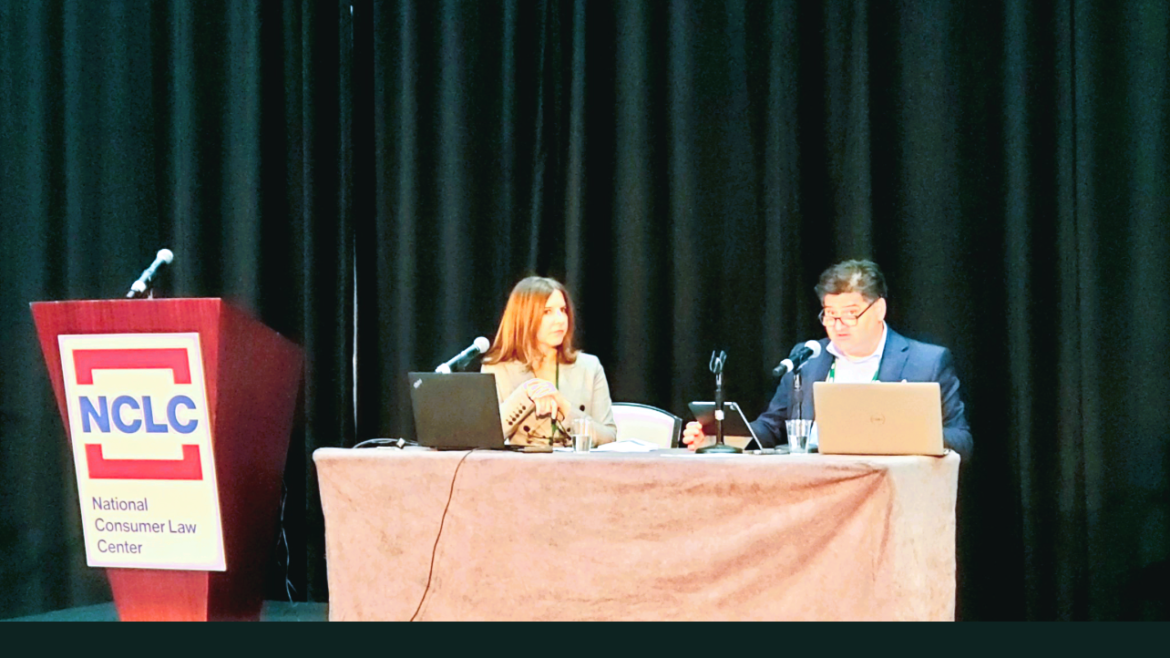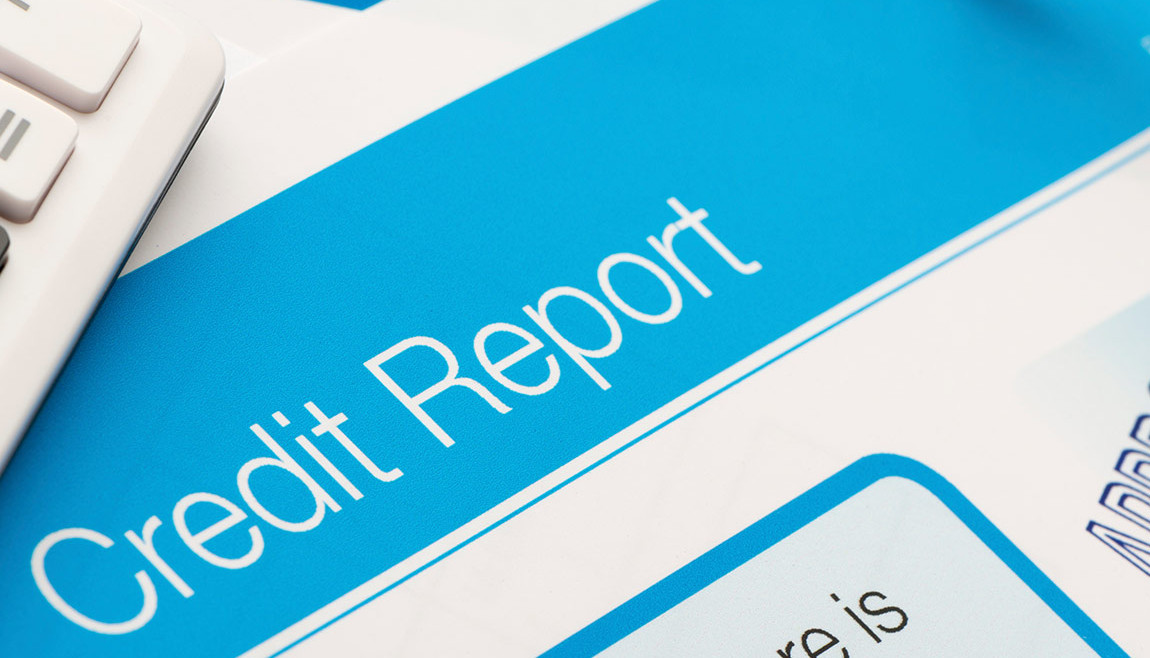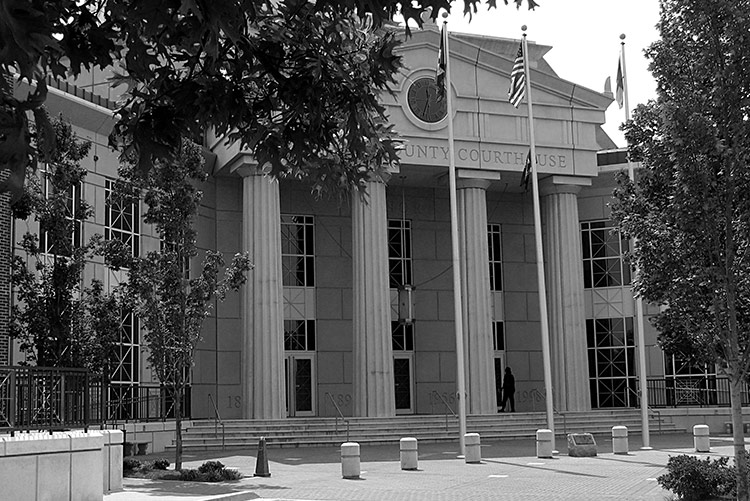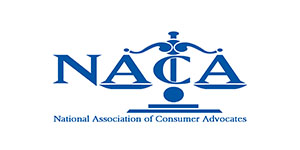Class Actions Seminar
https://bardolawpc.com/wp-content/uploads/2015/09/NACA-Webinar-StacyBardo-1024x568.jpg 1024 568 StacyBardo StacyBardo https://bardolawpc.com/wp-content/uploads/2015/09/LinkedIn-StacyBardo-BardoLawPC-150x150.jpgStacy Bardo will be presenting at the Class Actions Seminar hosted by the National Association of Consumer Advocates. Together with colleague and co-counsel Amy Wells, Stacy looks forward to a robust discussion regarding:
- How to select the right cases to proceed as putative class actions
- How to develop a class action resume
- How to work with co-counsel and experts
- How to minimize costs with discovery and class administration tactics
- How to plan for cost expenditures and class administration
Register to attend at Successfully Litigating Class Action Cases as Solo Practitioners (consumeradvocates.org)









